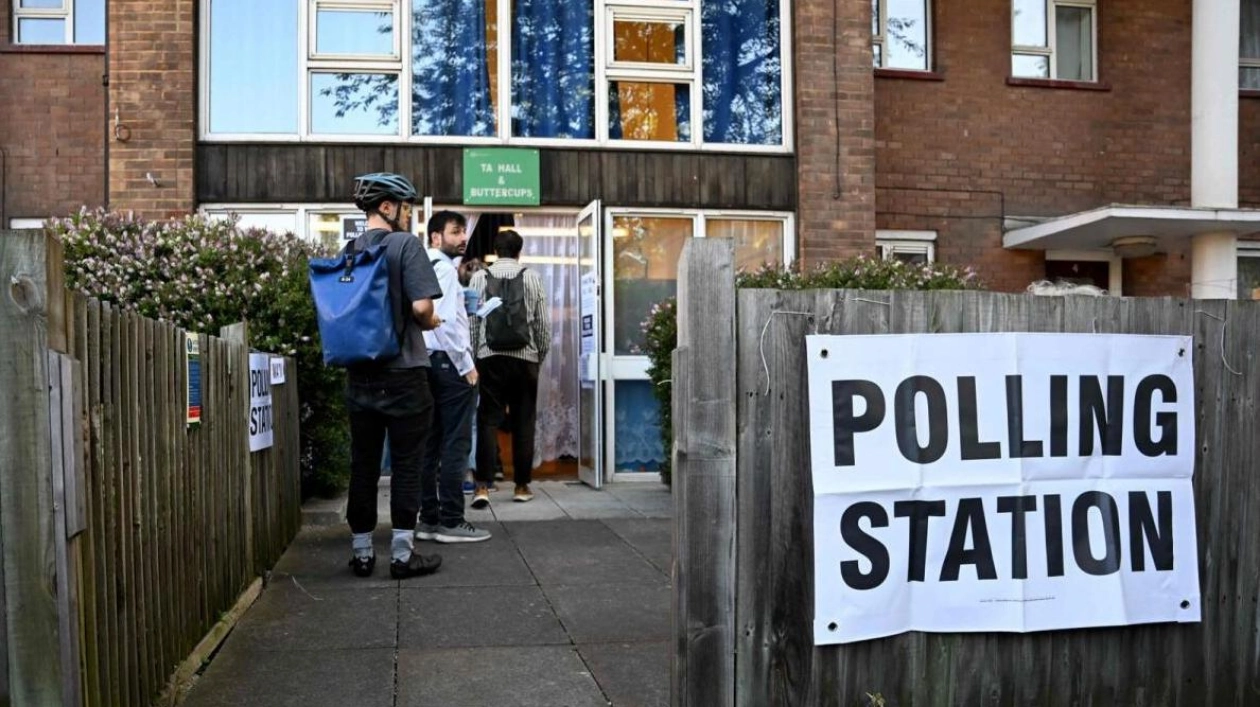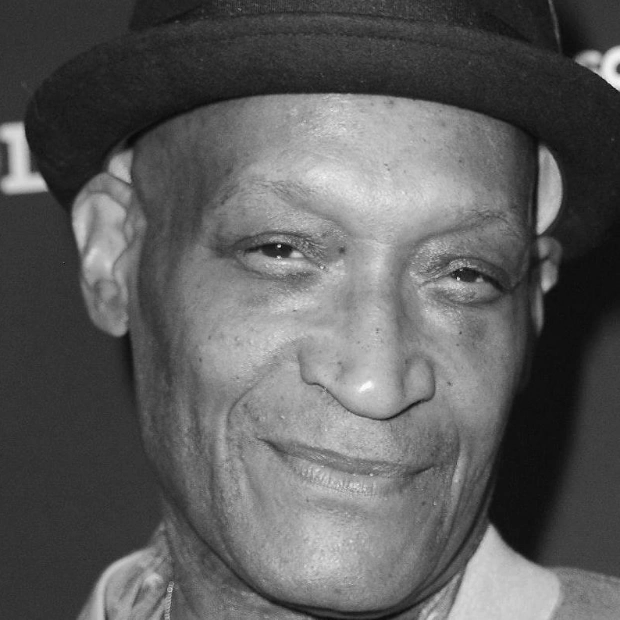On Thursday, Britons cast their votes in a general election that is widely anticipated to bring the opposition Labour party back to power, marking the end of nearly 15 years of Conservative governance. This marks the first national vote since Boris Johnson's decisive victory for the Tories in 2019, following Prime Minister Rishi Sunak's unexpected decision to call for an early election, six months ahead of schedule. Sunak's strategic move appears to be failing, as polls throughout the six-week campaign and over the past two years indicate a significant loss for his right-wing party. This scenario would likely place Labour leader Keir Starmer, aged 61, in Downing Street as the leader of the largest party in parliament. The centre-left Labour party is expected to secure its first general election victory since 2005, with several pre-election polls predicting its largest-ever win. However, Starmer remains cautious, urging voters not to abstain. "Britain's future is at stake," he emphasized. "Change will only occur if you vote for it."
Voting commenced at 7:00 am across over 40,000 polling stations in the UK, ranging from traditional locations like church halls, community centers, and schools to unconventional venues such as pubs and a ship. At 10:00 pm, broadcasters will reveal exit polls, which usually offer a reliable insight into the performance of the main parties. Results from the UK's 650 constituencies will be announced overnight, with the winning party expected to reach the 326-seat threshold for a parliamentary majority by Friday dawn. Polls suggest that voters may penalize the Tories after 14 years of often tumultuous governance, potentially ousting several government ministers, including Sunak himself, making him the first sitting prime minister to lose his seat in a general election. "I understand the frustrations with our party," Sunak acknowledged on Wednesday. "But tomorrow's vote... is about the future."
Sunak, 44, is widely perceived to have conducted a poor campaign, notably drawing criticism for his early departure from D-Day commemorations in France. Adding to his challenges, The Sun newspaper shifted its support to Labour, a significant endorsement as the tabloid has historically backed the winning party. This follows endorsements from The Financial Times, The Economist, The Sunday Times, The Guardian, and The Daily Mirror. Concurrently, three extensive surveys predict Labour is on the verge of a historic victory, with the Tories facing their worst-ever result and the centrist Liberal Democrats regaining strength in third place. YouGov, Focaldata, and More in Common project Labour to secure at least 430 seats, surpassing the 418 seats under Tony Blair in 1997. The Conservatives are expected to fall to a historic low of fewer than 127 seats, while the Lib Dems are predicted to gain dozens of seats, increasing from their current 15. Nigel Farage's anti-immigrant Reform UK party is also expected to win a few seats. If these predictions hold true, Sunak will resign as prime minister on Friday and meet King Charles III. Starmer will then meet the monarch to assume the role of prime minister, followed by a visit to Downing Street, where he is expected to deliver a speech and appoint his ministerial team. This would mark a significant political ascent for the former human rights lawyer and chief prosecutor, who was first elected as an MP in 2015. Starmer has pledged a "decade of national renewal," though he faces the challenging task of revitalizing public services and a stagnant economy.






